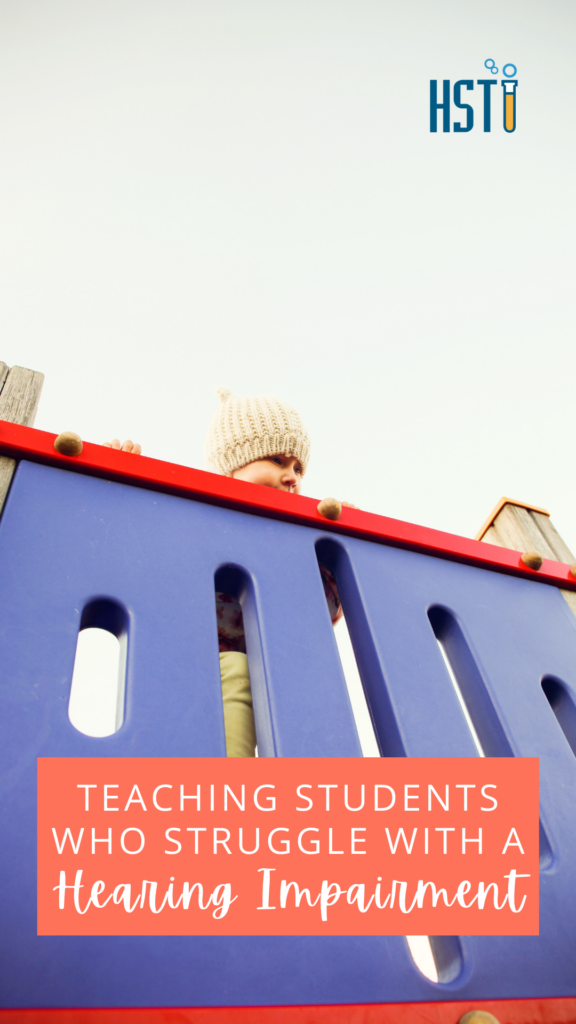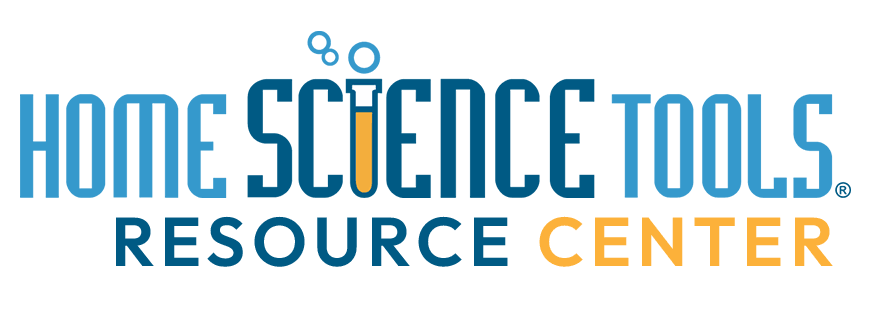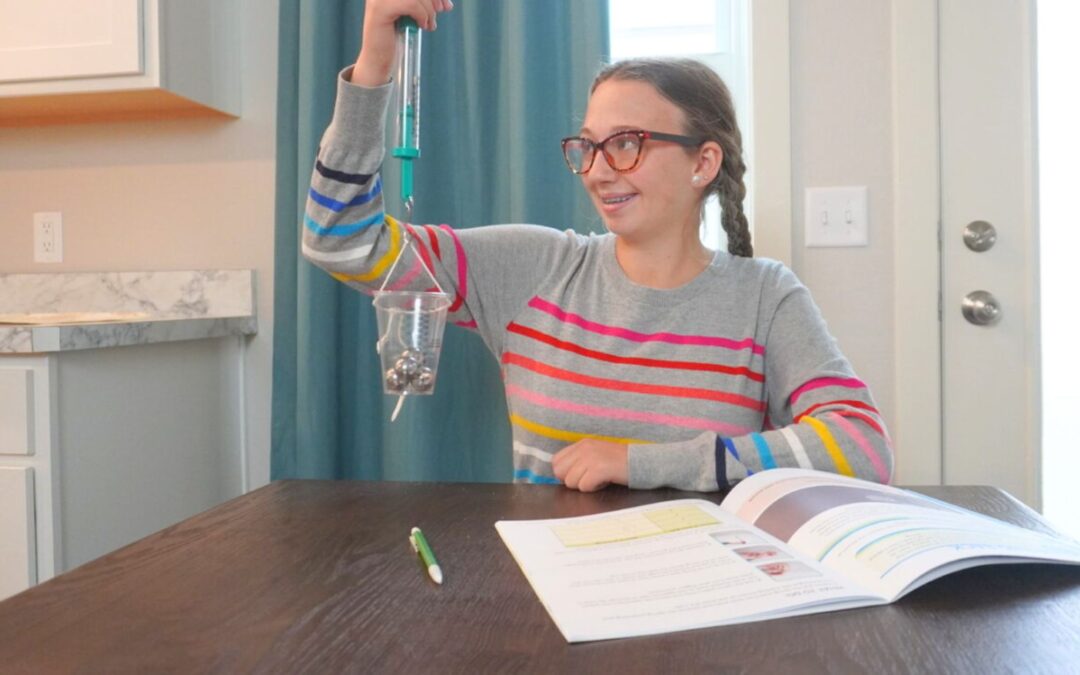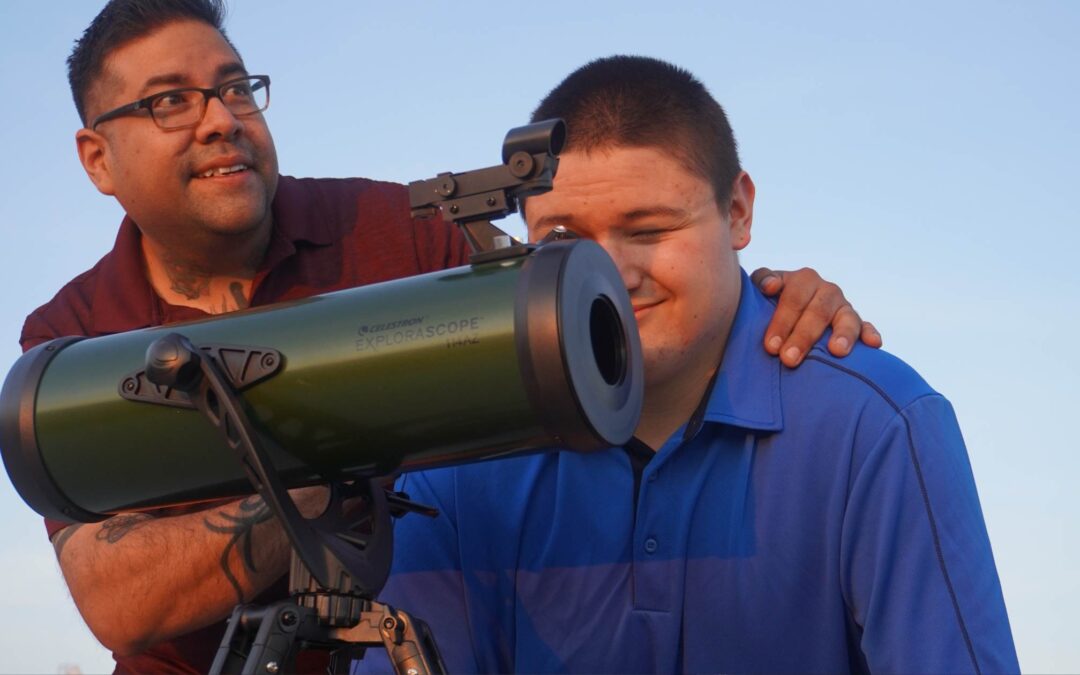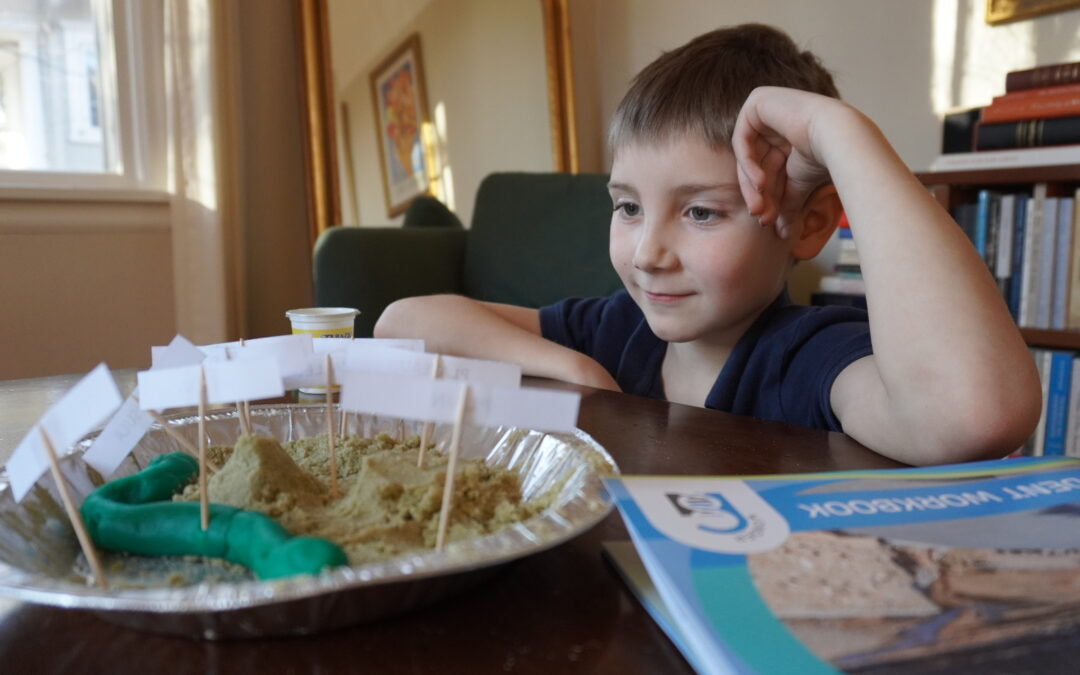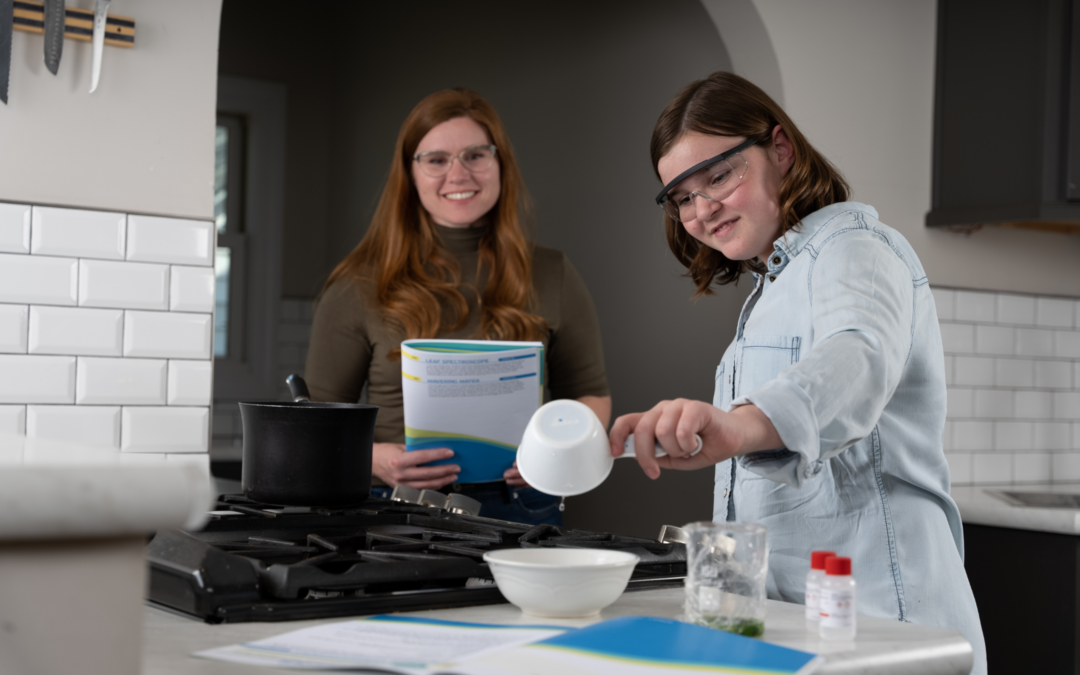A hearing impairment can range from hearing loss (below 90 decibels) to deafness (above 90 decibels). Loud noises at 75-90 decibels are approximately as loud as a drill, subway station, or vacuum cleaner, and can result in severe hearing loss. Many people can hear sounds as low as 10 decibels.
Causes of hearing loss can vary from earwax buildup, tinnitus, and ear infections, to constant loud noises. These factors can lead to permanent hearing loss so it’s important to take note. There are various types of hearing loss including the middle ear, inner ear, those affecting the auditory nerve, and more. Those that don’t have profound hearing loss can sometimes be reversed, and if it isn’t reversible, the hearing you do have can be improved. So, if you suspect a hearing impairment in your child, see an audiologist for a hearing test and exam.
If your student is struggling with difficulty hearing and you suspect hearing loss, you are not alone. 1 in 8 people 12 years or older have been diagnosed with hearing loss in one or both ears. Fortunately, there are many opportunities to make science enjoyable even if your student has a hearing impairment.
iPad or Communication Device for Students Who Struggle With Hearing Impairments
While many science experiments do not require the sense of hearing as the main way to observe what students are learning, there are times when it is necessary or beneficial to fully understand the content. Often, to accommodate your student, you can provide an iPad (or a similar communication device) that can play sounds that are being heard, or even full videos of similar experiments, to your student at a volume they can pick up.
How Students Who Struggle With a Hearing Impairment Sense Vibrations
Individuals with hearing impairments are often highly sensitive in other ways, such as recognizing vibrations. When working with experiments that create a lot of vibrations, you can have your student recognize the level of intensity in an experiment based on sensing those vibrations. They can do this by placing their hand (or, if it’s safe, side of their face) on the table or surface near the experiment.
Sensing for vibrations also works in natural settings. If you are taking a nature walk, there are often sounds (birds chirping, leaves or branches rustling, or water bubbling) that are too soft to be heard by individuals with hearing impairments. Although your student won’t likely be able to get close enough to feel the vibrations coming from a bird chirping, they can feel the vibrations from other background noises.
Leaves rustle for a variety of reasons, including wind or other animals causing the movement. If it is wind, you can encourage your student to sense the wind speed by opening their arms and hands to the sides. Then, have them crouch down to feel the leaves move as a result of the wind. Finally, you can have your student touch the side of a tree or branch that’s moving in the wind. Each of these experiences allows your student to sense different vibrations and movements that relate to the sounds they would hear without their impairment.
Water, especially bodies of water like streams, rivers, ponds, or lakes, gives off large vibrations that many people recognize. If you come across a body of water, encourage your student to sit or lay down on the bank, with their palms touching the ground. They should be able to feel vibrations from the movement of the water. If you and they are comfortable, then encourage them to place the palm of their hand on the top of the water (and then in the water) to sense the vibrations.
Inclusivity for Students Who Struggle With Hearing Impairment
Fortunately, science can be observed in many ways without requiring a sense of hearing for those that are hard of hearing. This gives your student the opportunity to experience a fun and exciting subject regardless of their impairment, making science an inclusive subject. Additionally, most Science Unlocked experiments and activities do not require the sense of hearing, and those that do have opportunities for accommodation to fit your student’s needs.
